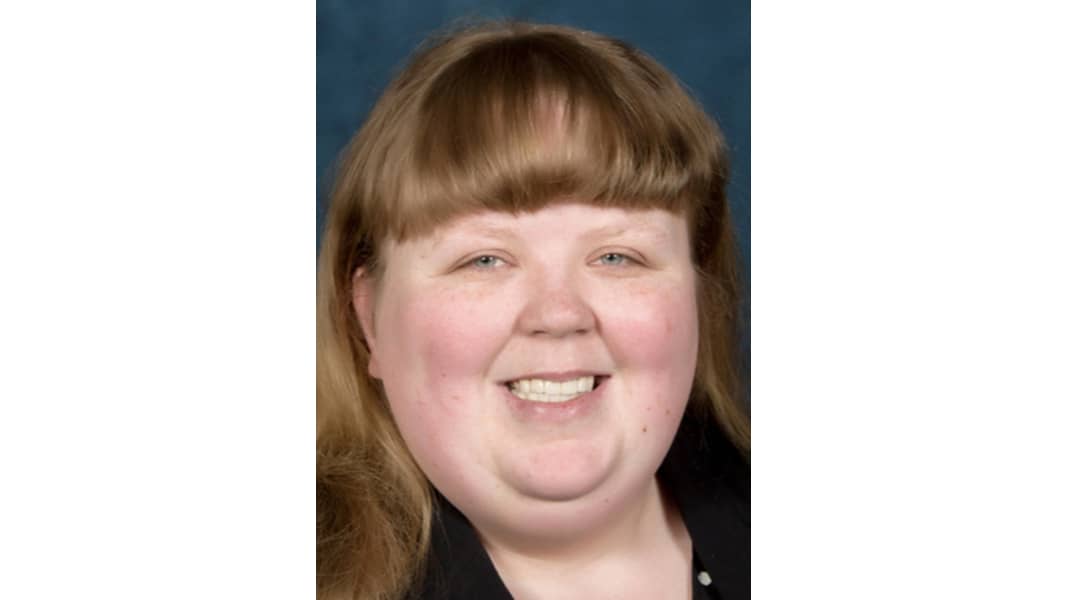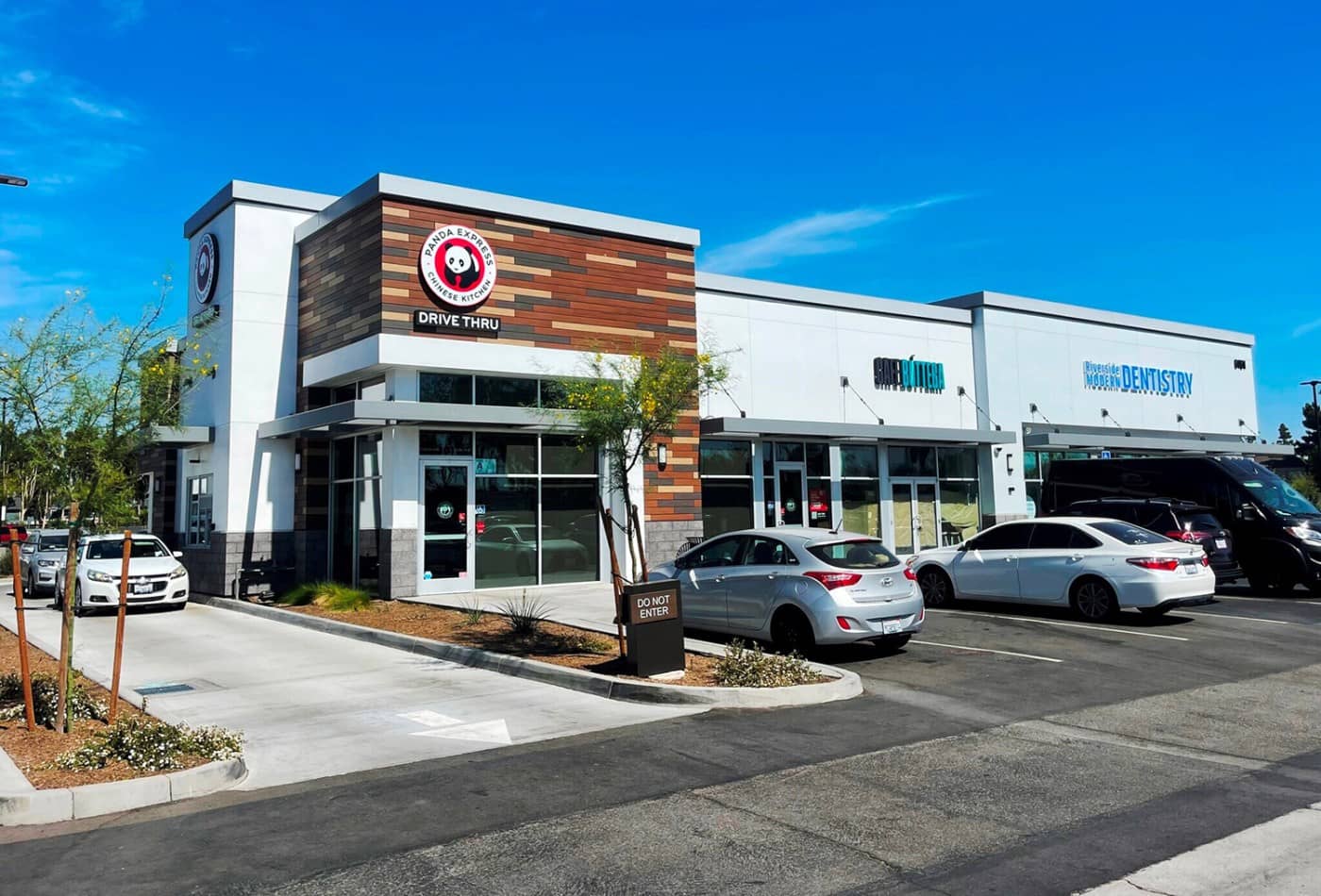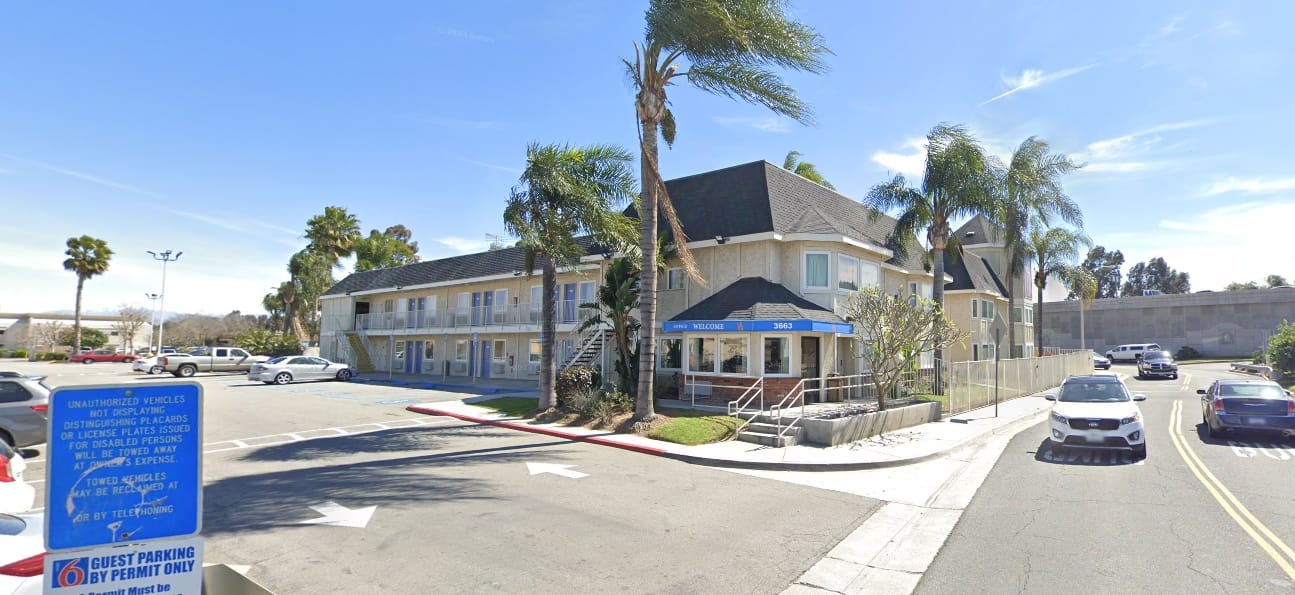Ahead of the November general election, the Southern California News Group compiled a list of questions to pose to the candidates who wish to represent you. You can find the full questionnaire below. Questionnaires may have been edited for spelling, grammar, length and, in some instances, to remove hate speech and offensive language.
MORE: Read all the candidate responses in our Voter Guide
Name: Amanda Vickers
Current job title: Political science instructor
Incumbent: No
Other political positions held: None
City where you reside: Riverside
Campaign website or social media: www.amandav4rusd.com, @amandav4rusd
How can the school district best meet the needs of all students, including those learning English, those who need mental health service, those in special education programs and those from low-income backgrounds?
To best meet the needs of all students, the school district should focus on efficient resource allocation, parental involvement and empowering local communities. Schools should ensure that English language learners and students in special education programs receive tailored support, but this should be done responsibly. We should prioritize cost-effective, targeted interventions that focus on individual progress without expanding bureaucratic overhead.For students needing mental health services, the district should work with local community organizations, nonprofits and private-sector partnerships to provide services without increasing the tax burden. Encouraging parental engagement is crucial, as families are the primary stakeholders in a child’s education. Schools should foster environments where parents can collaborate with teachers to address the unique needs of their children.
For low-income students, schools should emphasize career and technical education to equip students with marketable skills, helping them break the cycle of poverty. By focusing on personal responsibility, community-driven solutions and limiting government overreach, the district can better meet the diverse needs of all students.
Some school districts have adopted transgender notification policies to notify parents if a student says they are transgender. If your district has such a policy, do you support or oppose it? Why? If yours does not, would you support or oppose such rules? Why?
I support transgender notification policies that require schools to inform parents if a student expresses that they are transgender. Parents have the right to be involved in major decisions about their child’s well-being, including those related to gender identity. Schools should not withhold this critical information, as parents are responsible for their child’s upbringing and health.
However, I understand the concern that a child may face abuse or rejection at home for coming out as transgender. This is a serious issue that cannot be ignored, but the real problem is child abuse itself, not the transgender issue. We need to focus more on preventing and addressing all forms of abuse, ensuring that schools, counselors and child protective services are equipped to handle cases where a child may be at risk.
Schools should notify parents while also providing resources and guidance to support families through these sensitive conversations. By prioritizing the prevention of child abuse and strengthening family dynamics, we can create a safer and more supportive environment for all children. Ultimately, parents must be involved in guiding their children and transparency with families is key to fostering trust and effective care.
What is the biggest issue the school district faces, and how would you address it?
The biggest issue the school district faces is declining academic performance, which is often tied to a lack of focus on core educational priorities. With increasing distractions from social issues, budget constraints, and administrative bloat, schools are straying from their primary mission of providing a strong academic foundation for all students.
To address this, I would prioritize a back-to-basics approach, focusing on core subjects like math, reading, science, and history, while holding schools accountable for student outcomes. We need to streamline administrative costs and direct more funding to classrooms and teachers, ensuring that resources are used where they make the greatest impact — on student learning.
Additionally, expanding school choice options, such as charter schools and voucher programs, would introduce healthy competition, driving schools to improve performance. Involving parents more closely in the decision-making process would also help align education with community values and needs.
By concentrating on academic excellence, reducing unnecessary bureaucracy and empowering families to choose the best educational path for their children, we can tackle the core issues affecting our schools and set students up for long-term success.
Why would you make a good leader, and how would you represent the diverse communities within the school district?
I would make a good leader because I value accountability, transparency, and results-oriented decision-making. My leadership approach focuses on listening to all stakeholders, collaborating with teachers, parents, and students and using data to guide effective policies. I believe in setting clear goals, cutting through bureaucracy and directing resources to areas that most benefit students, such as teacher support and academic programs.
To represent the diverse communities within the district, I would actively engage with families from all backgrounds, ensuring their voices are heard. Each community faces unique challenges, whether it’s English learners, students with disabilities or low-income families. By fostering open communication and creating opportunities for dialogue, I would ensure policies reflect the needs of all students.
At the same time, I would promote shared values like personal responsibility and academic excellence, emphasizing that success comes from hard work and commitment, no matter one’s background. By balancing support for diversity with a focus on strong academic performance, I would create an environment where every student has the opportunity to thrive, while ensuring schools remain accountable to the families they serve.
Related Articles
Angela Talarzyk, Temecula Valley Unified School District. Trustee Area 2, 2024 election questionnaire
Candidates in San Bernardino council runoff election pledge to fix homelessness, revitalize downtown
These measures are on the Nov. 5 ballot in Riverside County
Inland Empire election workers have faced harassment and threats, documents show
Murrieta police captain will become department’s next chief



